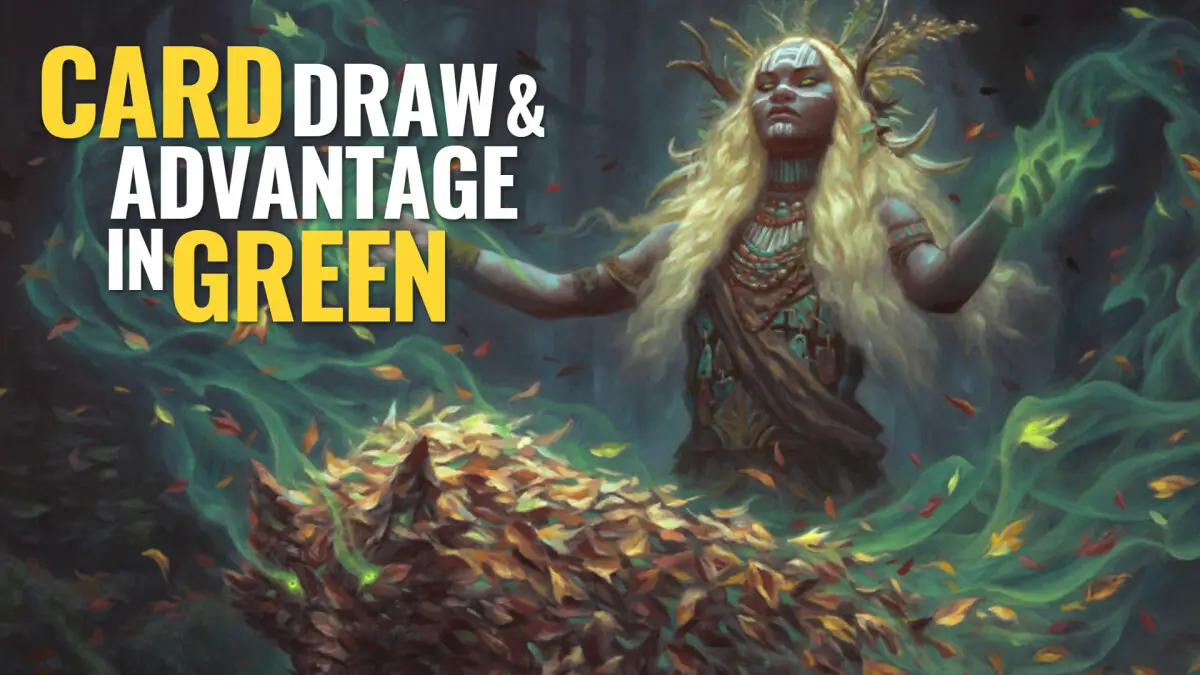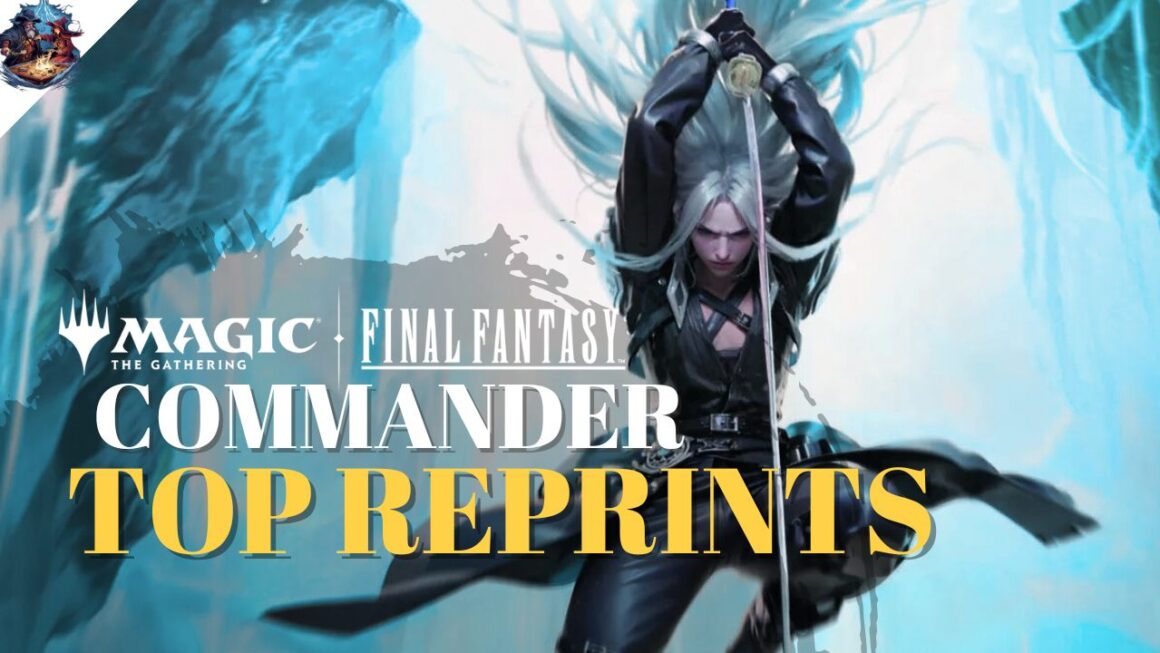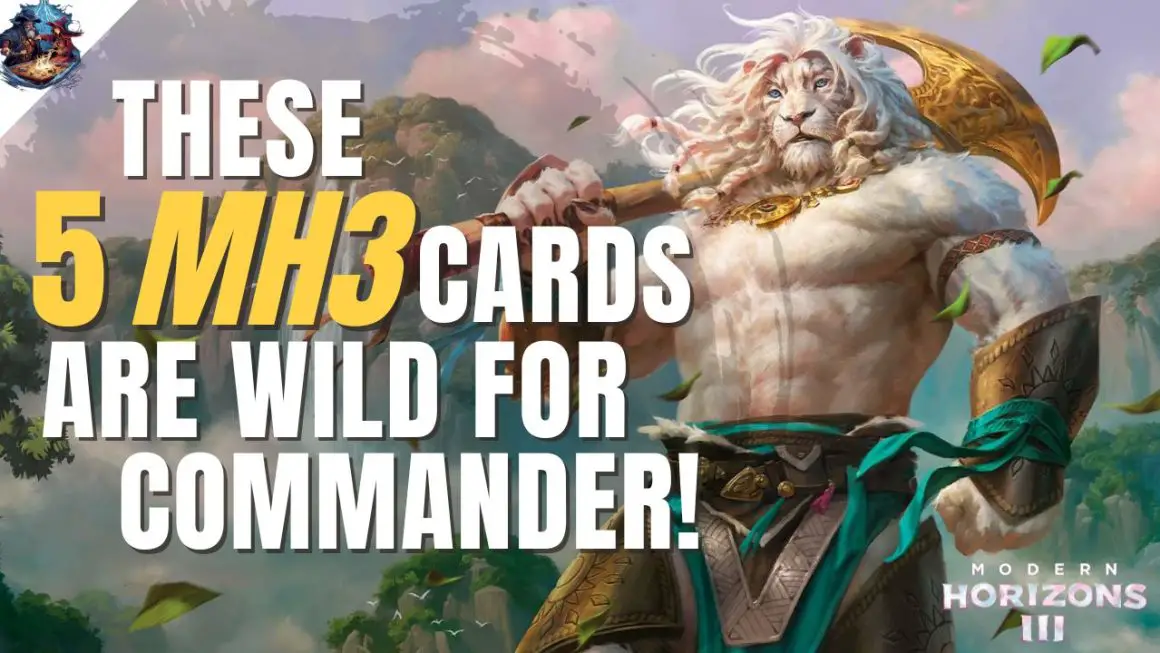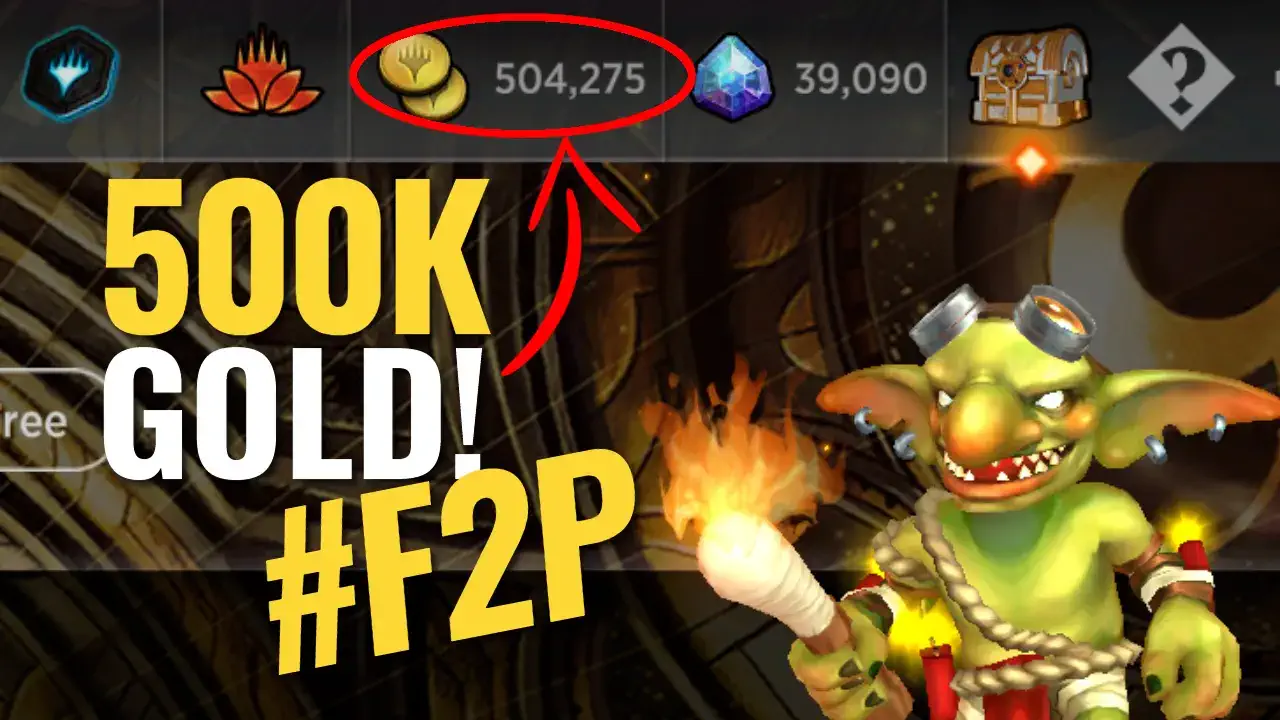After looking through my pile of random cards sitting on my table, I noticed this curled little gem that peeked out from the side of the pile—
And the first thought that sprouted in my mind was:
“Wow that’s a lot of mana for not many cards in green”
But when I compared it against the gold standard of card drawing in other colours, I realised that green is nestled nicely in the centre of the card advantage scale– not as plentiful as Black or Blue, but certainly doesn’t require as many hoops to jump through as Red or White.
Since card draw and card advantage have to come at a cost, it got me spiralling down a Scryfall rabbit hole to determine what ways Green has to leverage card advantage, and what those methods look like in-game.
To save you your precious 2 hours, here’s a short and sweet summary of my research from Scryfall:
Green’s Card advantage primarily comes from its Creatures.
As such, most of the cards discussed in this review of card advantage in green will end up stemming from creatures and involving creatures.
But that begs the comparison:
Card Draw vs. Card Advantage
For the sake of this article, we will define Card Draw as “A means to draw more cards from one’s deck”,
and Card Advantage as “A means to increase the availability of in-game resources through increasing resource supply or accessibility.”
This very vague definition helps us better understand our argument. Cards like Shamanic Revelation can fit into both categories of card draw and card advantage, but cards like Eternal Witness fit only into the card advantage category, and not card draw.
And with all that preamble now over, we can focus on the meat of today’s article:
Category 1: Mass Draw Card Spells
This category refers to a small list of cards, stemming from Greater Good , all the way back in Urza’s Saga, including cards like:
Shamanic Revelation
Return of the Wildspeaker
Soul’s Majesty
Inspiring Call

The common theme among these cards is their ability to draw cards en masse depending on the volume of a certain resource in the game. Cards like Shamanic Revelation and Inspiring Call reward players for having a critical mass of creatures, turning each one into a card at the cost of 5 or 6 Mana. Other entries rely on having big creatures, the higher the power and toughness values the greater the number of cards drawn.
These cards are often overcosted, late-game bombs meant to give players a powerful advantage once they’ve gathered enough of a certain resource, and they help to refill a player’s hand with cards once they start running out of resources to hurt their opponents with.
Rishkar’s Expertise – Best Green Draw Card Spell
The “Best in Class” award to the draw cards in this category would be Rishkar’s Expertise. Amazing mass card draw in big creature payoff decks, with the added benefit of free-casting any card in your hand with converted mana cost 5 or less, which just adds to the “feels bad” moment this card creates when you play it against your opponent.
Runner-up would probably be Return of the Wildspeaker, which is a weaker Rishkar’s Expertise (since it lacks the free 5-drop) but makes up for it as a sudden +3/+3 to all your non-human creatures. The fact that this card pivots well into both go-wide and go-tall strategies further cement its utility in many different kinds of green-centric decks.
Category 2: Draw Cards Through Triggered Abilities
This category needs little introduction – Repeatable methods of card draw have existed since Alpha, with the namesake Verduran Enchantress coining the term “Enchantress” as a creature with low power and toughness that provides a repeatable source of card draw.
This category focuses on cards that provide card draw whenever something enters the battlefield or is cast.
Common house names in this category include cards like
Beast Whisperer
Guardian Project
Eidolon of Blossoms
Soul of the Harvest

Among those popular in Commander, a large majority involve creatures entering the battlefield or being cast. Most are over costed Enchantments or Creatures that provide a stellar upside of turning each creature in your hand into a cantrip. Creature-heavy decks adore these since they allow them to hunt for combo pieces or simply refill their hand to prepare for any incoming board wipes. Having more cards in hand is always better, especially if your creature quality is so high you’ll be able to flood the board the turn after a massive board wipe.
Other enchantress effects often do the same thing as the creature-variants but are often tagged to creatures instead, mostly as a means of stopping them from triggering themselves upon entering the battlefield. In addition, it means that these card draw outlets are more susceptible to removal, since not every colour has a way to remove problematic enchantments.
Zendikar Resurgent – Best Triggered Ability in Green to Draw Cards
Here, I’d award “Best In Class” to Zendikar Resurgent. The good ol’ Kingpin of “Big Stompy” Commander/EDH decks. I remember having my Locust God deck pummeled to a writhing heap by my friend’s Omnath, Locus of Rage deck which utilised so many mana doublers he could turn a card sideways and he’d magically dump out his entire hand. Zendikar Resurgent is a mana doubler with a massive upside (for its cost, rightfully so) and often provides their player with such a boost in power, it becomes impossible to deal with if left unchecked.
Category 2b: Draw Cards Through Combat Damage
Another niche form of card draw is tied to the damage dealt by creatures a player controls.
Though this category technically overlaps with category 2a, I kept these cards separate since their repeatable abilities are much less explosive as they only trigger only during combat:
Keen Sense
Snake Umbra
Hunter’s Insight
Keeper of Fables
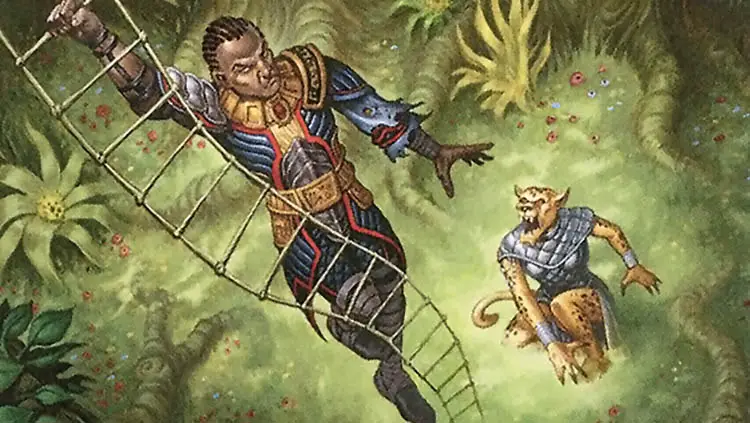
Are excellent examples of green’s ability to stretch their dollar with creatures. Some reward having consistent or repetitive damage dealt to players by a certain creature, while others capitalise on big creatures with trample– the more damage the better.
Toski, Bearer of Secrets – Best Way to Draw Cards with Combat
“Best In Class” goes to Toski. No doubt.
He triggers off every instance of combat damage dealt by your creatures to ANY player. Not per player. Per Creature.
Turn your miniature army of 13 1/1 squirrels into a massive, overflowing army of cards that magically teleport into your hand. Ratatoskr’s replacement in the MTG canon is literally unkillable save for the occasional Toxic Deluge or Swords to Plowshares, but even then, why would your opponents want to waste their removal on a measly 1/1?
Category 3: Card Advantage With Graveyard Recursion
Tying into the aspects of “Rebirth and Regrowth”, Green is notorious for having an amazing graveyard recursion, second only to black. Its ability to refill a player’s hand simply by recurring cards from their graveyard alone is pretty amazing and makes the graveyard a notable place to watch when playing against green players.
Household names in this category include:
Skullwinder
Genesis
Splendid Reclamation
Wildest Dreams
Regrowth

These cards are usually used in decks that either predominantly focus on recurring threats from their graveyard, or as means of protection in case their core combo pieces get destroyed by removal. If you ever see a combo piece magically end up in a green player’s Graveyard, expect to see it snaking its way onto the Battlefield within the next turn or two.
Eternal Witness – Best Green Card Advantage through Graveyard Recursion
Eternal Witness snatches the “Best In Class” award by a mile. She’s one of the most well-known green cards in all of MTG, let alone Commander/EDH. Her prowess in other formats shows her consistency in allowing any kind of graveyard shenanigans, and it helps that she’s part of a relevant creature type for that sweet, sweet Kylar value.
If mass recursion is what you need, Wildest Dreams has you covered. Whilst being a banger of a Taylor Swift song, this card slays both metaphorically and physically, effectively turning any spare mana you have into cards from your graveyard. At the measly cost of 2 generic mana per card, it offers the best rate for graveyard recursion in green. (If you can pay the cost, that is)
Category 4: “Free Creature” Cheating Effects
Finally, to wrap up Green’s obscenely powerful repertoire of card advantage outlets, we have the cards that make big stuff magically appear on the Battlefield, often with a collective groan from their opponents.
Household Names in this category include:
Tooth and Nail
Defense of the Heart
Birthing Pod
Green Sun’s Zenith
Chord of Calling
Finale of Devastation
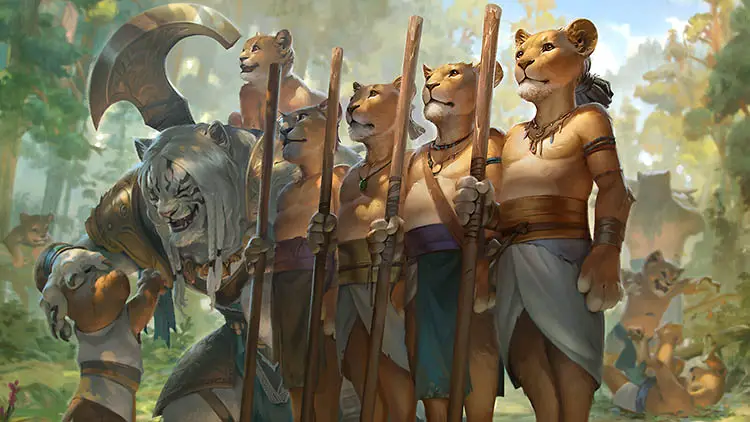
Collected Company – Best Green Card Advantage with Free Creatures
Any Modern, Pioneer or Explorer (I pray for your souls) player can attest to the annoyance of a Collected Company vomiting out a small army of Skyclave Apparitions, Heritage Druids and Elvish Clancallers and just hearing the phrase “Swing for 16 life” on turn 3. It is a rite of passage to let a CoCo player smack you out of existence with their small army they conjured up for 4 mana– and it is a lesson in deckbuilding to prepare against these matchups.
End Step
All in all, every colour has its upsides and downsides when it comes to manipulating card advantage and card draw. Sometimes, Card Advantage can be more important than Card Draw, especially in decks with lower card quality.
Hopefully, this article gave you a little insight into the heavy hitters in Green, and maybe they gave you a little inspiration for that next deck of yours! Let us know in the comments what green cards have been giving you incredible value!

